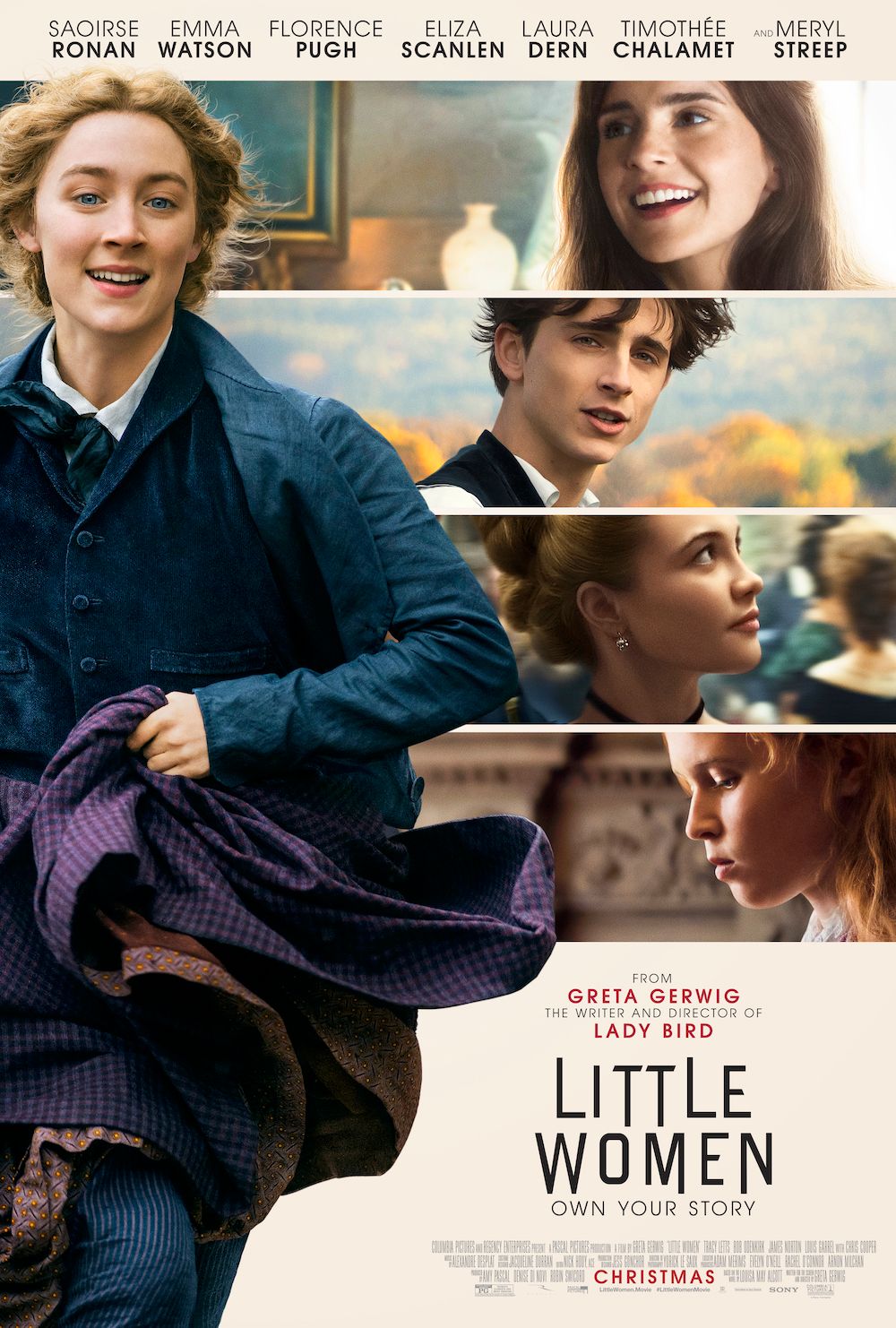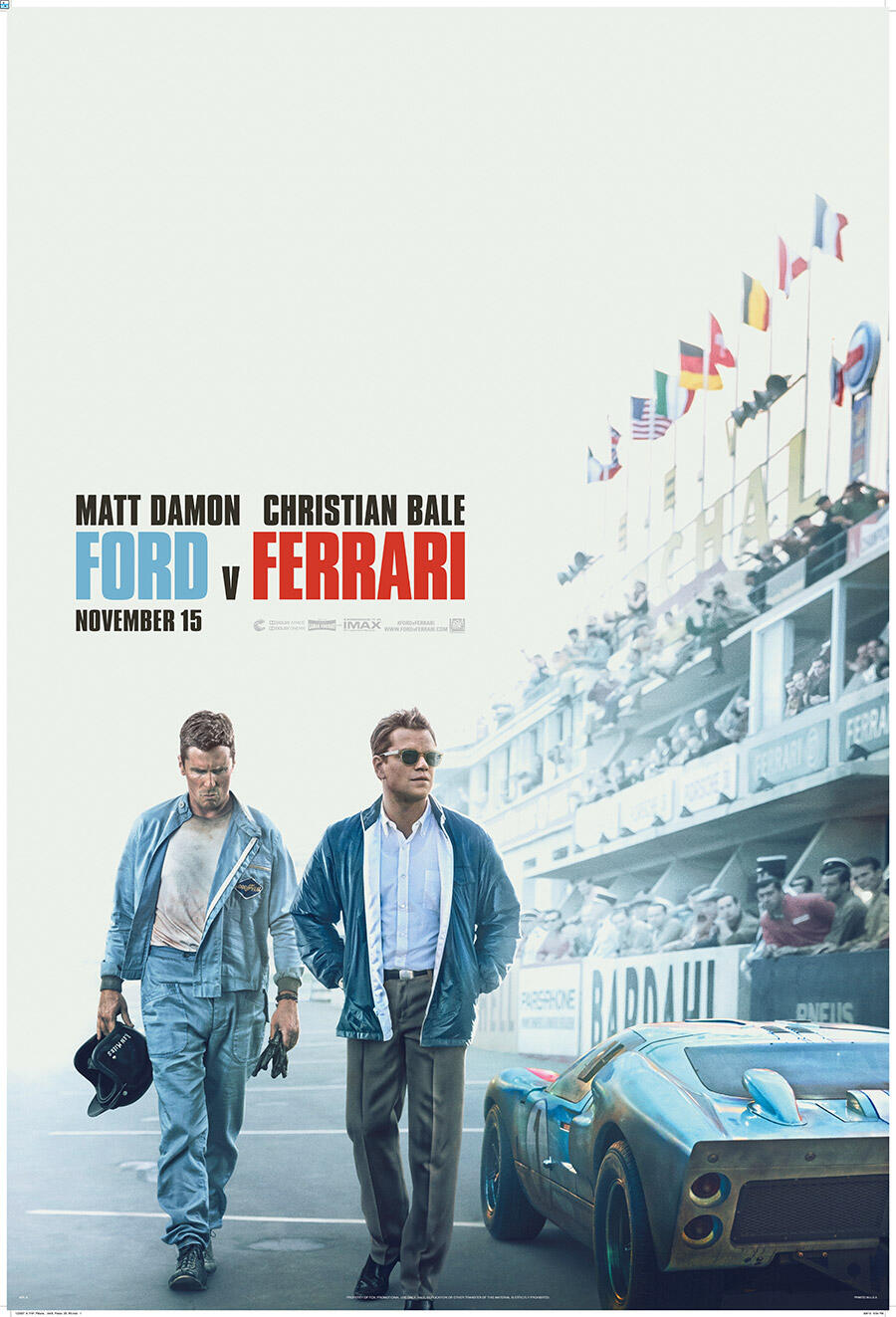With dozens of films dedicated to the subject, every announcement of a WWI comes with a feeling of "been there, done that." But in the ambitious hands of director Sam Mendes, the "war to end all wars" gets a new perspective. Filmed to convey one single take, "1917" is a mind boggling cinematic achievement. But at what cost?
The premise of "1917" is relatively simple. Two British soldiers are tasked with delivering a message to a distant battalion, in the hopes of calling off an attack after intelligence indicates that a deadly trap has orchestrated by the rival Germans. The rescue mission will thus take them through dangerous enemy territory, with very artillery support. But though it seems impossible, the men are driven by an additional motivation, as a brother is among the endangered battalion they hope to save before it's too late.
As our protagonists proceed on their harrowing journey, "1917" is an impressive showcase of filmmaking techniques. Most obviously, the cinematography amplifies the stakes, giving the illusion of real time action. But while the camerawork is the star, it would be ineffective without exceptional work from the actors, composer, production designer and editor. Indeed, George Mackay and Dean-Charles Chapman are unwavering in their physicality demanding lead roles. The stirring music is deployed judiciously and impactfully. The world-building of the sets are downright incredible, particularly in giving a visceral sense of the omnipresence of death through human and animal carcasses, rodents and flies. And of course, the editor deserves highest praise for making it all feel so seamless and forcing the audience to constantly wonder, "How did they do that?"
It's therefore hard to argue against the film's 10 Oscar nominations, namely Best Picture, Best Director, Best Original Screenplay, Best Sound Editing, Best Sound Mixing, Best Production Design, Best Cinematography, Best Original Score, Best Visual Effects and Best Makeup & Hairstyling. And yet, despite my admiration for the filmmaking, I rarely felt truly emotionally connected to the story and the soldiers' plight. Even in the intentionality sentimental moments, the "obstacle course" style of the storytelling hardly gave room for the film to contemplate the characters' humanity. In the end, I was reminded of Martin Scorcese's criticisms of Marvel movies as theme parks. Despite the technical mastery on display, "1917" lacks the gravitas to be a truly great war film. Those who fought in WWI are often referred to as "The Lost Generation." It's a shame that this tribute to their efforts falls short of making them unforgettable.
| Tweet |













